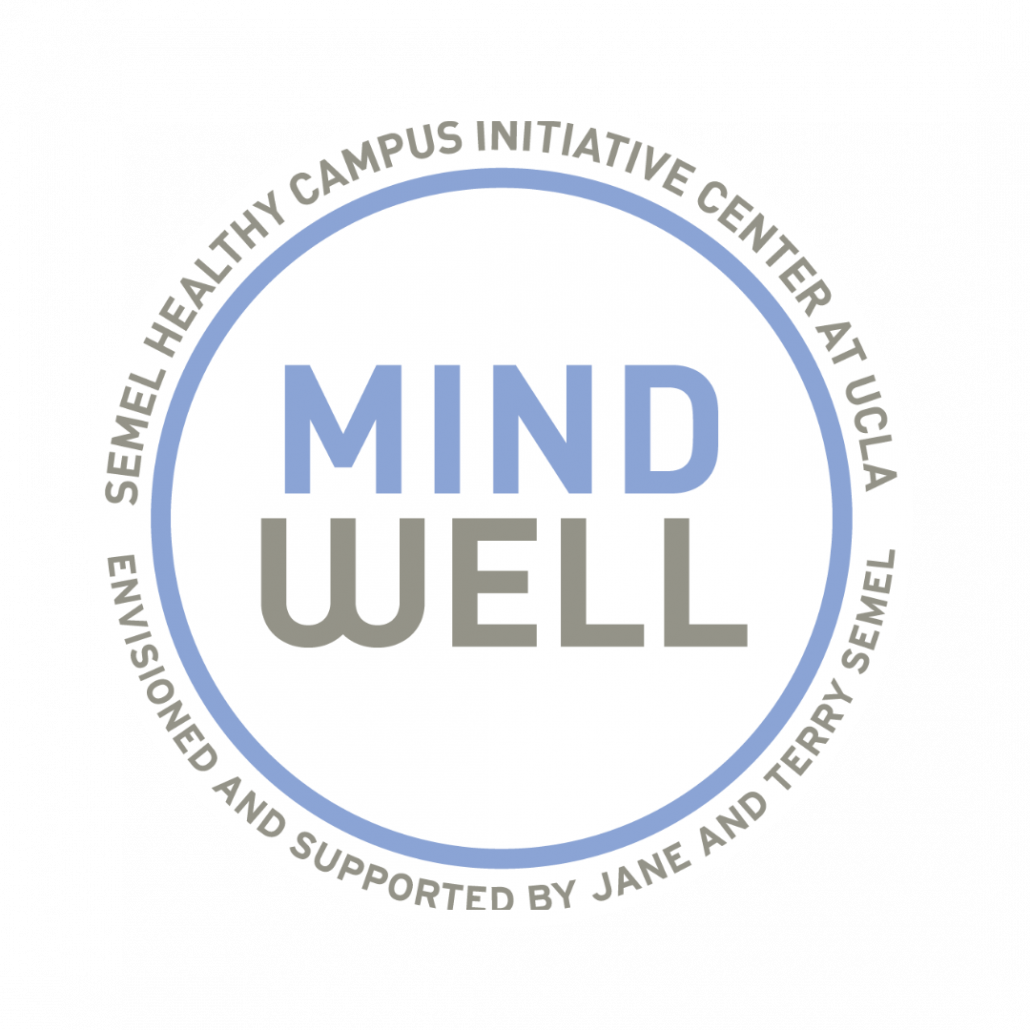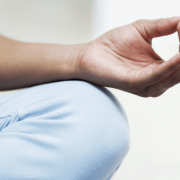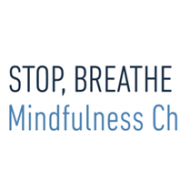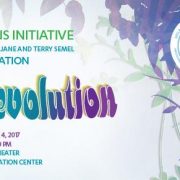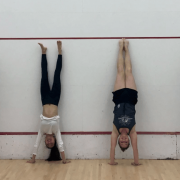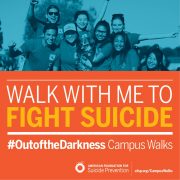Exploring Mindfulness
I was first exposed to mindfulness when I started at UCLA. When I first arrived at Rieber Vista as part of my New Student Orientation, I was jumpy, perhaps even noticeably so. Born with something of a nervous disposition, I had a hard time keeping still. With that being said, however, I had never been the kid who was bouncing off the walls; rather, I was the kid whose thoughts never stopped racing.
The novelty that surround orientation and ultimately my future at UCLA set my mind abuzz with both fear and excitement. I arrived to my room, duffle bag in hand, and greeted my roommate with such forced enthusiasm that she laughed. She noted my nerves, which of course made me more nervous, and mentioned that she was a bit jittery herself. She suggested that we try this meditative practice together, one she had successfully used before in moments such as these.
My first thought at her suggestion was one of sheer disbelief. I certainly believed that college would be different, but I didn’t think it would be something out of Eat. Pray. Love. However, I was a nervous pre-1st year, so of course I didn’t announce my skepticism. With almost the same amount of hyper-enthusiasm that started this tirade, I readily agreed.
I remember sitting cross-legged on the floor as she instructed me to close my eyes, breath, and clear my thoughts. Unfortunately, my attempts to clear my thoughts only caused me to think more. I started to feel even more stressed than when I began. After what seemed to be an uncomfortably long amount of time, she asked how I felt. Once again, I lied through my teeth and insisted that it was essentially the best thing that ever happened to me.
After that day, I put the notion of mindfulness and meditative practice in a box and locked it someone far, far away. I deemed it something that simply wasn’t for me. So you can imagine how I felt when it became something that was strongly suggested — essentially enforced — as a component of my job as a GRIT Peer Coach and my role as a Certified Resilience Peer. I was skeptical to say the least, perhaps even frustrated at times. No matter how times I tried, I always felt like I was doing something wrong. My mind would never fully clear, the awareness of which would then snowball into more thoughts. For the longest time I considered myself a failure at mindfulness.
My frustration with mindfulness stemmed from the fact that I didn’t really know how to define it. I initially thought it to be something elusive, something I had yet to attain. In some ways, I was right. Mindfulness is like a muscle. The more one exercises it, the more proficient it becomes. But most importantly, mindnessful is a state of being and a way of living, not something a person does in isolation.
While it took me time and some continue prompting from others, I realized that there was more to mindfulness than sitting quietly in a room. I found that I could incorporate mindfulness into my life by looking up from my phone a little bit more often as I walked to class or listen a little bit more intently to a friend’s story. Slowly but surely, mindfulness stopped being this scary, nebulous entity. It became a lifestyle choice, one that not only helps keeps my anxiety at bay, but allows me to appreciate my life more.
Mindfulness is essentially the state of being present and aware both of one’s surroundings and one’s own body. Effective mindful practice involves acknowledging that the mind can stray and accepting that discomfort is valid if that is what one is feeling. In doing so, we become more attuned to parts of ourselves that we may have otherwise locked away.
Studies have shown the numerous benefits of mindful practice. As students, it is sometimes all too easy to put our mental health on the backburner. Moreover, in the hustle and bustle of being a student, it can seem like there is not enough time in a day to engage in mindfulness, regardless of the benefits. Luckily, mindful practice doesn’t have to be a grand, structured event in order to be effective. In moments of stress, I recommend taking 3 deep breathes. When walking on campus, look up and take in everything. When lying in bed, conduct an assessment of the muscles in your body from head to toe.
Challenge yourself to be a little more present everyday. The benefits will be endless.
Mandy Mekhail is a 4th year undergraduate Psychology major and Disability Studies minor at UCLA. She currently serves as the Assistant Commissioner of the Student Wellness Commission, a student organization dedicated to promoting holistic health and wellness in the UCLA community.
